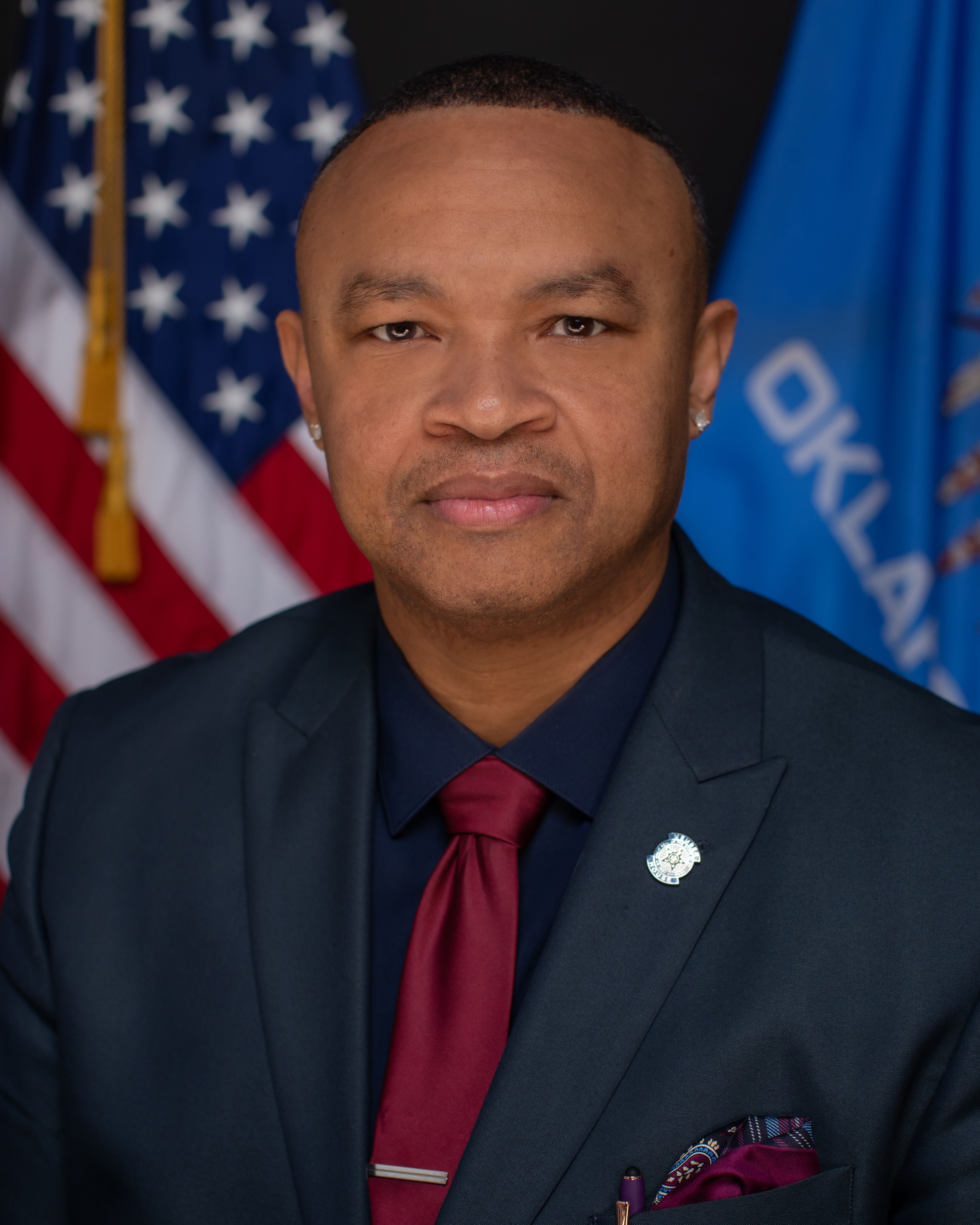OKLAHOMA CITY – Rep. Ronald Stewart, D-Tulsa, issued the following statement today in response to the Federal Government’s decision to remove missing and murdered Indigenous persons (MMIP) information and resources from federal agency websites, with no commitment to restore them. The administration further claims that the Office of Missing & Murdered Indigenous People constitutes a “DEI initiative,” implying it is unnecessary and nonessential. “I am deeply and unequivocally disappointed,” said Stewart. “Removing MMIP resources is not just an administrative choice—it is a direct assault on the safety, dignity, and visibility of Indigenous people. It is an erasure of lives already lost, families seeking justice, and communities which aren’t just looking for answers, they’re demanding them. And it is a gross disservice to dismiss the MMIP office as a ‘DEI initiative’ when the facts, the data, and the lived experiences of Indigenous families prove otherwise.” Stewart says MMIP is not a DEI initiative. “The Office of Missing & Murdered Indigenous People was created to address a documented public-safety crisis, not to serve as any form of ideological or diversity-based programming,” said Stewart. “The Trump Administration’s claim is not only inaccurate—it is dangerously disingenuous.” Stewart lists the following facts to support his statement: MMIP Addresses a Law-Enforcement and Jurisdictional Crisis Indigenous people—especially Indigenous women and girls—are murdered or go missing at rates 4 to 10 times higher than the national average. The crisis stems from gaps in federal, state, tribal, and local law-enforcement coordination, not from demographic or workplace diversity concerns. The office was formed to streamline information sharing, strengthen investigations, and correct longstanding failures in federal response—not to function as an equity program. Congress Directed MMIP Action Through Bipartisan Legislation Savanna’s Act (2020) and the Not Invisible Act (2020) passed with broad bipartisan support. These laws require federal agencies to improve data collection, investigative protocols, and coordination regarding MMIP cases. Compliance with federal law is not optional and has nothing to do with DEI frameworks. The MMIP Office Responds to Victims and Families, Not “Diversity” Agendas MMIP exists because thousands of families have been denied justice for decades. The office provides trauma-informed victim services, case tracking, and investigative support. Nothing in its mission relates to hiring metrics, workplace diversity, or social programming of any kind. Tribal Nations Requested and Demanded MMIP Support Tribal governments across the United States have requested federal partnership and accountability on MMIP for years. Responding to sovereign Tribal Nations is a legal obligation of the federal government—not a DEI preference. ”I genuinely appreciate our state’s bipartisan commitment to addressing MMIP,” said Stewart. “The work accomplished in both the House and Senate reflects a shared dedication to ensuring a safer Oklahoma for all. However, let me be clear: I do not agree with the decision of the federal government. MMIP is not DEI. MMIP is DOJ. It is public safety. It is justice. It is, in far too many cases, life and death. Removing MMIP resources from federal websites sends one message: that Indigenous lives are expendable. That message is unacceptable, and it is beneath the dignity of this nation. This crisis predates any modern political talking points—it reaches back generations, and it continues today. Families deserve answers. Cases deserve attention. And Indigenous communities deserve the full weight of federal responsibility.” -END-

